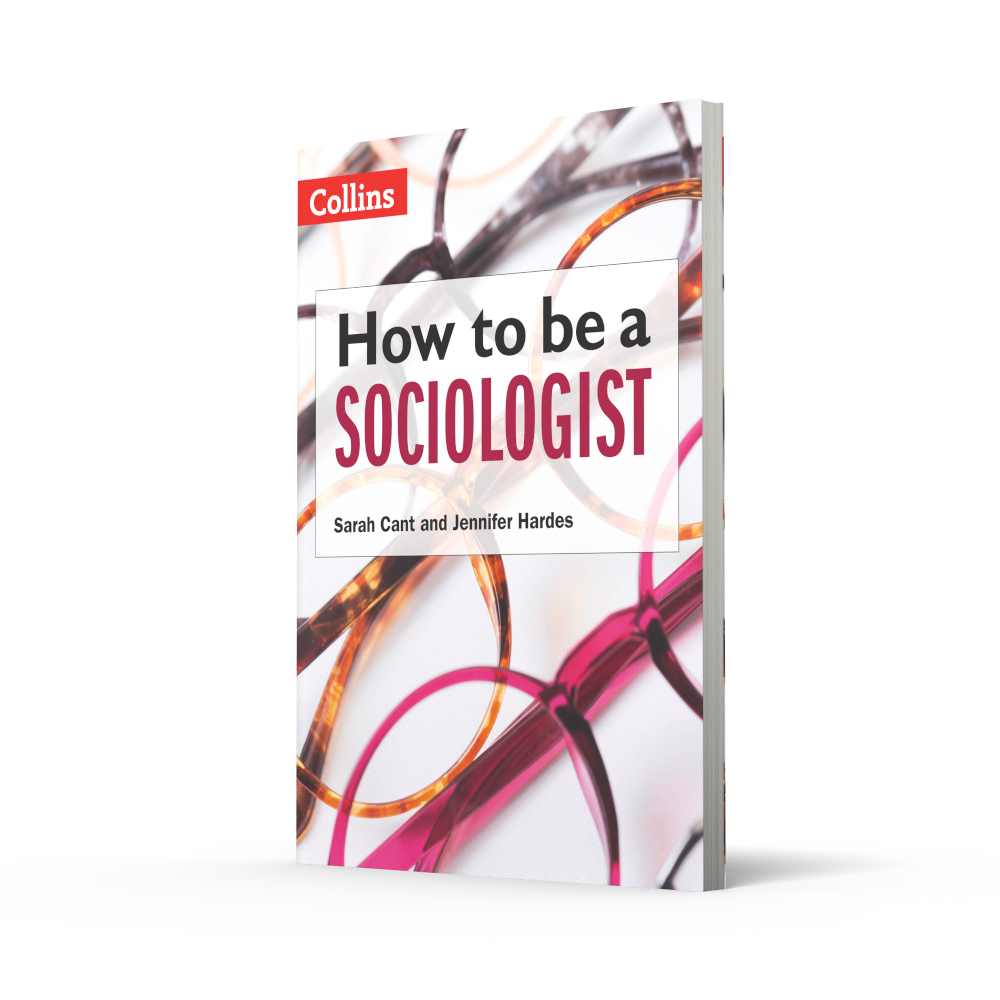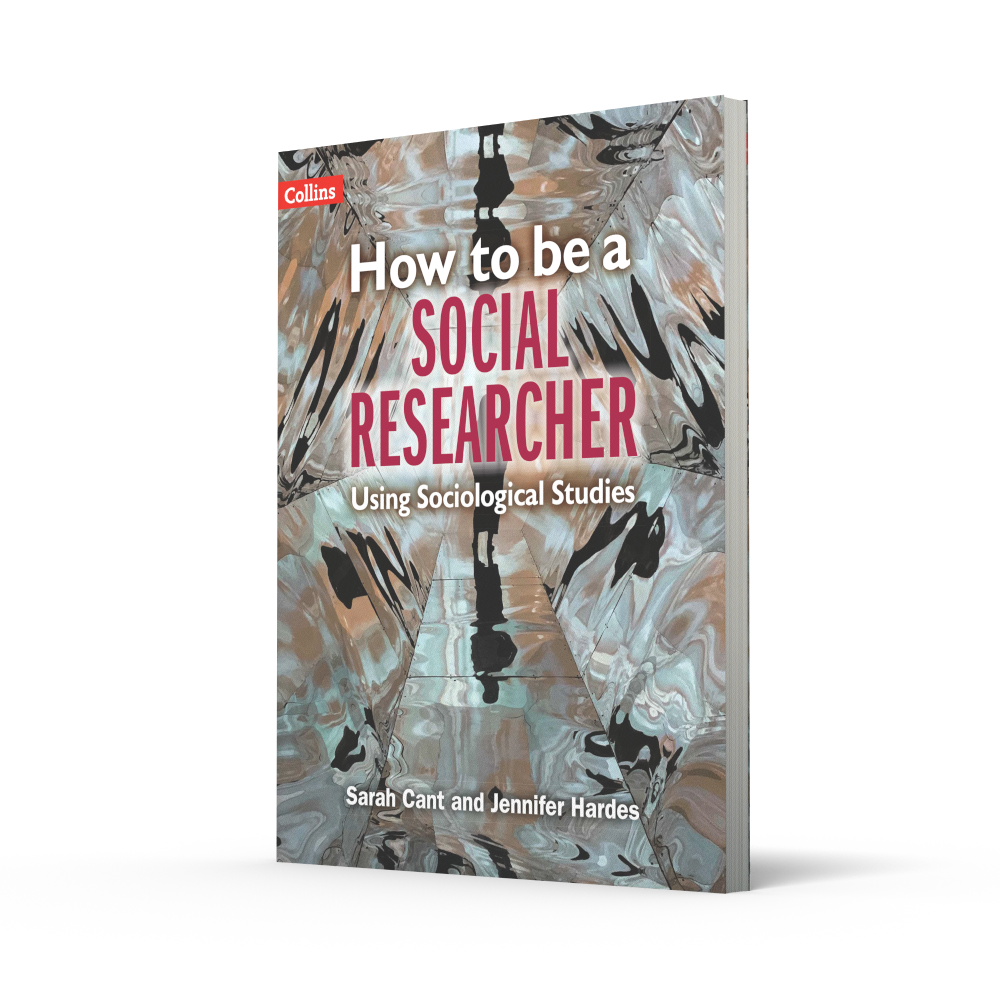Dr Sarah Cant explores why there has never been a more important time to study sociology and how you can integrate contemporary studies into your A level teaching.
The Promise
Sociology is a critical and analytical discipline: uniquely tasked with studying and questioning the human-made social world. In 1959, C. Wright Mills’ inspirational treatise on the scope and importance of sociology described the promise that studying the discipline affords. According to Comte, sociology stands as the ‘Queen of the Social Sciences’ and for Mills its distinctive value is the connections it draws between seemingly personal troubles and wider social structures. Sociology illuminates the intimate relationship that exists between the self and wider society, that joins biography with history, and helps us understand enduring inequalities, our beliefs, ideas, and norms, and explains continuous social change.
Sociology shows us that mental health, employment, relationship breakdowns, etc., are all shaped by wider social structures, such as the way the economy is organised, political ideologies, social networks and relationships, and cultural values. Thus, possessing a sociological imagination stands as a both powerful and humane tool. By seeking to defamiliarize the familiar and question the taken for granted, sociology suggests myriad ways of making society better. Sociology matters.
There has never been a more important time to study sociology. As we face, among other social problems, the continuing impact of the pandemic, climate crisis, food shortages, the cost-of-living crisis, mass migration, enslavement and war, sociology offers critical, careful and considered ways of understanding differences, divisions and prejudices. Sociology is both evidence-based and reflexive; once you have learned about its insights, you are equipped to question, understand and make a difference. As Richard Osman tweeted, ‘Sociology should be taught everywhere, that’s my view. Even GCSE sociology arms you against a lifetime of spin, “fake news” and moral panic’.
The good news is that sociology does have great reach. The number of candidates continues to grow and stands as the fifth most popular A level in the UK, with 43,590 candidates in 2022., a rise, a Times article attributes to renewed interest in activism and concern about the class divide.
However, with such reach comes a responsibility to make sure that sociology is taught at its best. Just as sociology reveals that our personal troubles are shaped by wider social structures, it recognises that its own knowledge is shaped by social values and historical legacies. This reflexive capacity has seen sociologists turn the sociological imagination onto its own ways of knowing, to show that some of its research findings and theoretical concepts have been gendered, heteronormative, and shaped by colonial bias and power structures. These insights demand the decolonising of the curriculum and the expectation that great care should be taken when teaching some dated and questionable research studies.
The problem
In my own research with teachers in England, there were significant concerns that the curriculum was content-heavy, outdated and sometimes prejudicial. It is disquieting that several stereotypical ideas are perpetuated in the school/college curriculum, that certain scholarly work is under-represented, that contemporary research is hard to find, and that the A level specifications often reproduce White, male, middle-class, cisnormativity.
Teaching Sociology with Care
Yet, sociology is one of the few disciplines that can challenge such culture blaming and stereotypical thinking. To fulfil this promise, teachers and students need support in accessing materials that give context, draw on contemporary research, debunk dangerous myths and interpret existing datasets and ideas with ethical care.

In How to be a Sociologist, the case for the enduring importance of a sociological education is made and the key dispositions of imagination, conceptual and methodological rigour, reflexive knowledgeability, and the humane interest in making a difference are outlined.

How to be a Social Researcher, classic and contemporary research studies are helpfully summarised to equip the next generation of sociologists to become excellent scholars themselves, armed with evidence to question prevailing societal ideas and outdated sociological ideas, the skills to judge research, and the capacity to exercise their own sociological imagination.



